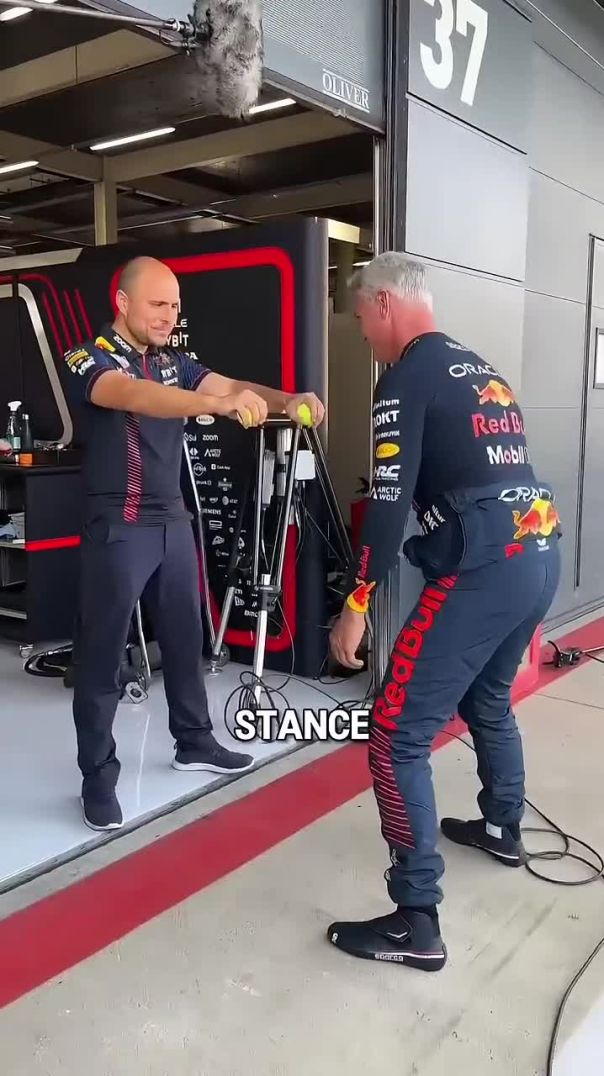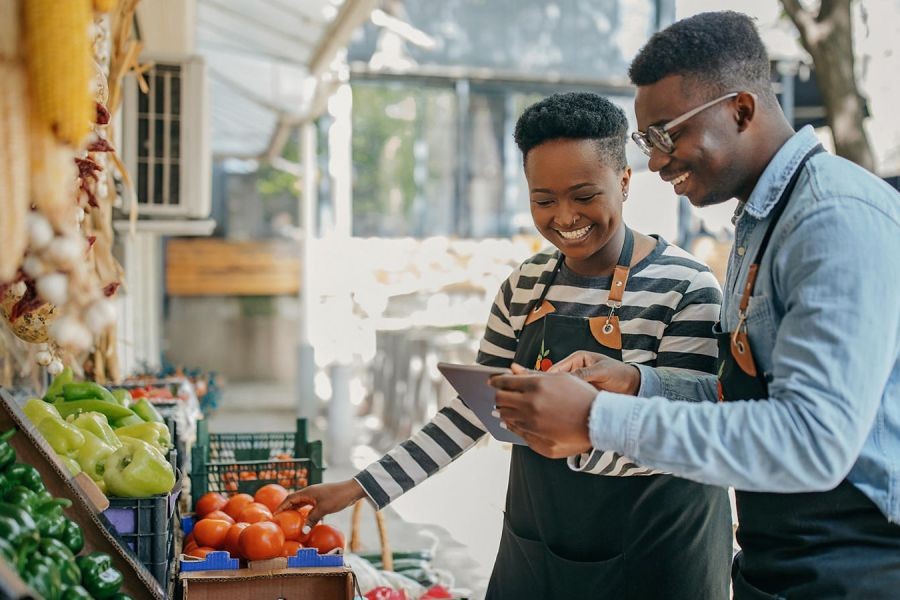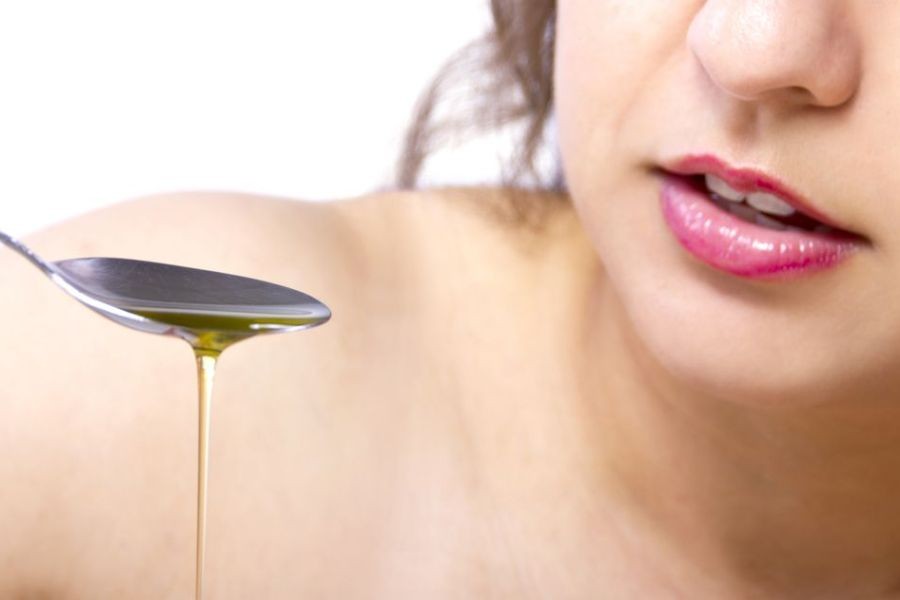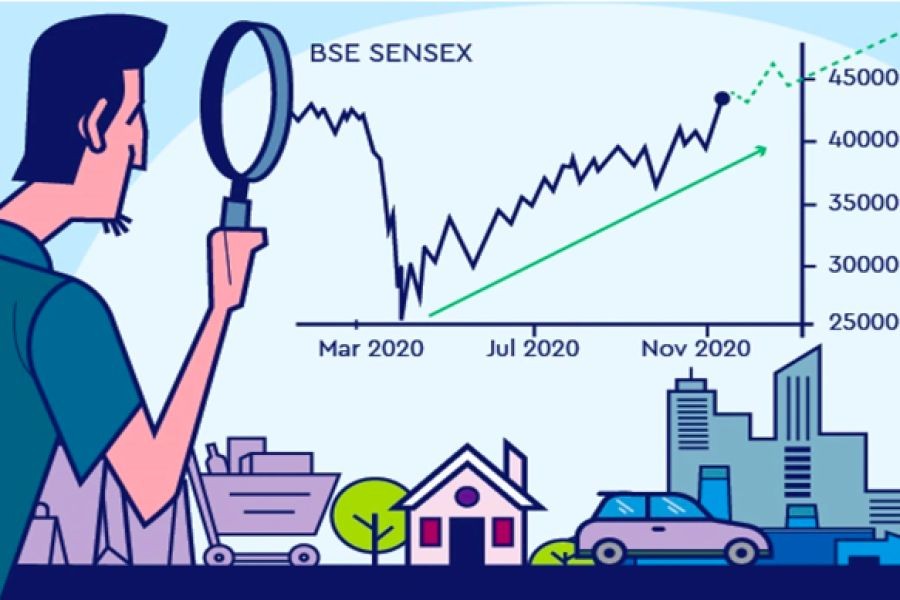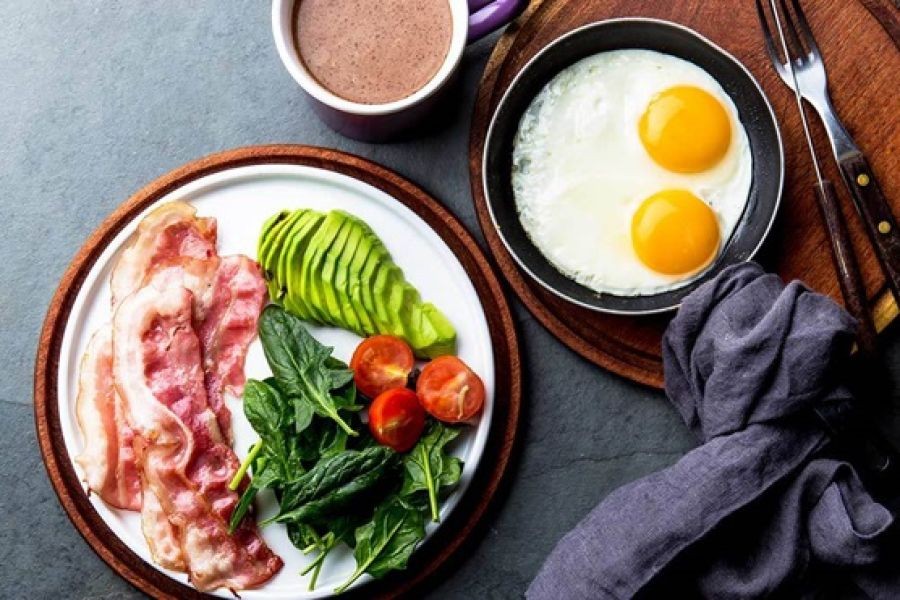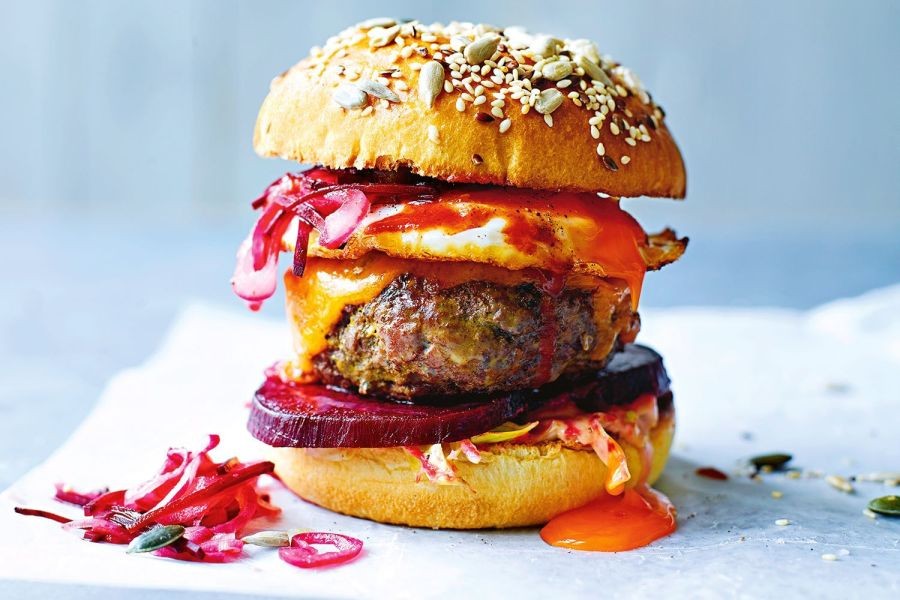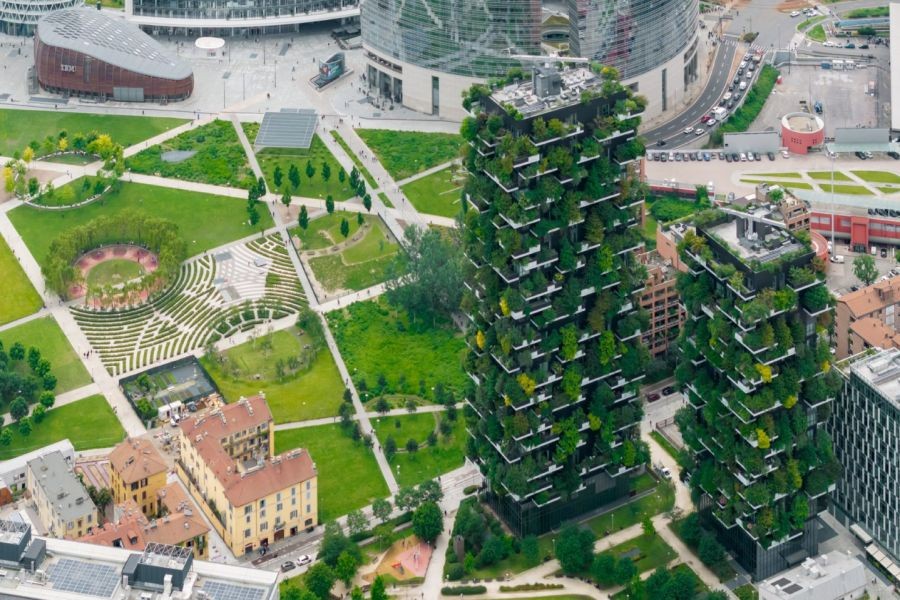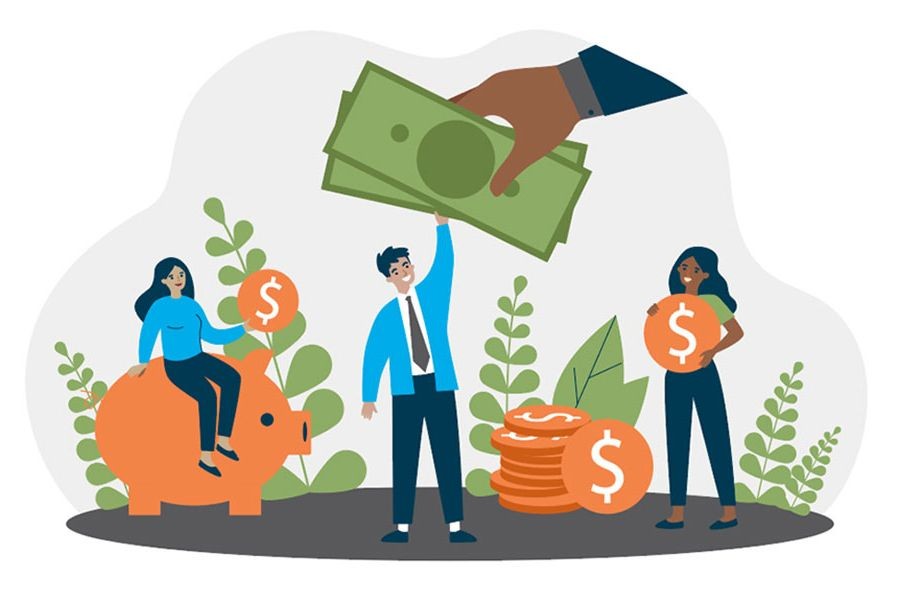Wine tasting events are a sophisticated affair, blending culture, economy, and social experiences. However, the nuances of such events in Australia, a country renowned for its wine production, can be intricate. As the wine industry significantly contributes to the Australian economy, understanding the dos and don'ts at wine tasting events can enhance one's appreciation and experience. This article delves into the seven critical mistakes to avoid, aiming to enrich your wine tasting engagements.
Understanding the Australian Wine Landscape
Australia is the fifth-largest wine producer globally, with exports valued at AUD 2.9 billion annually, according to the Australian Bureau of Statistics (ABS). The country's diverse climates allow for a wide variety of wines, from the Shiraz of Barossa Valley to the Chardonnays of Margaret River. Given this rich tapestry, wine tasting events here are more than just about savoring a drink; they are about experiencing a part of the nation's cultural heritage.
1. Don't Wear Strong Fragrances
Wine tasting is a sensory experience, primarily focusing on smell and taste. Wearing strong perfumes or colognes can overpower the delicate aromas of the wine, not only affecting your experience but also those around you. In Australia's warmer climates, natural body scents might be more pronounced, but it's advisable to keep fragrances to a minimum to fully appreciate the wine's bouquet.
2. Avoid Rushing Through Tastings
A common mistake is hurrying through tastings, which can lead to overlooked subtleties in the wine. The Australian wine industry emphasizes the importance of savoring each sip to understand the wine's complexity. According to Wine Australia, taking time to note the aroma, taste, and finish of a wine can significantly enhance your appreciation and understanding of local varietals.
3. Don't Ignore Wine Tasting Etiquette
Respecting etiquette is crucial. This includes holding your glass by the stem to avoid warming the wine with your hand, swirling the wine to aerate it, and tasting in a quiet, contemplative manner. Engaging with winemakers or sommeliers can offer insights into the wine's production and history, enhancing the overall experience.
4. Avoid Overindulging
While wine tasting involves sampling various wines, it is not an invitation to drink excessively. Overindulgence can lead to impaired judgement and a diminished ability to appreciate the wines. The Australian Competition & Consumer Commission (ACCC) advises moderation, highlighting that responsible drinking promotes a better and safer tasting experience for everyone.
5. Don't Skip the Spit Bucket
Spitting is not only acceptable but encouraged during tastings, particularly in Australia where wine events can feature numerous samples. This practice allows you to taste a variety without becoming inebriated. Even seasoned tasters use spit buckets to stay focused and make informed evaluations of each wine.
6. Avoid Being Overly Critical
It's important to remember that wine tasting is subjective. While constructive feedback is appreciated, being overly critical can be disrespectful to winemakers who have put considerable effort into their craft. Engaging in discussions with a positive and open mindset can lead to a more rewarding experience, both personally and for the hosts.
7. Don't Forget to Ask Questions
Asking questions shows interest and can provide valuable insights into the wine's origins, production processes, and tasting notes. Australian winemakers often enjoy sharing their knowledge, and engaging with them can deepen your understanding and appreciation of their wines.
Case Study: Penfolds – Mastering the Art of Wine Tasting Events
Problem: Penfolds, one of Australia's premier wineries, faced the challenge of making their wine tasting events more engaging and educational for participants while showcasing their diverse portfolio.
Action: They restructured their events to include interactive sessions where attendees could learn about the wine-making process, taste a wider range of wines, and engage directly with winemakers and sommeliers.
Result: Attendee satisfaction increased by 35%, and sales of featured wines at these events rose by 20%.
Takeaway: Integrating educational elements and personal interactions in wine tasting events can significantly enhance the experience and drive sales.
Pros and Cons of Attending Wine Tasting Events
Pros:
- Exposure to a variety of wines and regions.
- Opportunities for learning and personal growth in wine knowledge.
- Networking with industry professionals and enthusiasts.
Cons:
- Potential for overindulgence if not careful.
- Can be overwhelming for beginners without proper guidance.
- Some events may have an entry fee, adding to overall costs.
Future Trends in Wine Tasting Events
With Australia's focus on sustainability, future wine tasting events are likely to integrate eco-friendly practices, such as reducing waste and promoting organic wines. Additionally, technology will play a role in enhancing virtual tastings, allowing broader access to Australian wines globally. According to a report by Deloitte, the integration of augmented reality to provide immersive experiences is on the rise, offering new avenues for engagement and education.
Conclusion
Understanding and respecting the nuances of wine tasting can greatly enhance your experience at these events. By avoiding common pitfalls and embracing the cultural and educational opportunities they offer, you can fully appreciate the rich tapestry of Australian wines. Whether you're a novice or a seasoned enthusiast, there's always something new to learn and savor.
What strategies have you found effective at wine tastings? Share your thoughts and experiences below!
People Also Ask
How does wine tasting benefit the Australian economy?
Wine tasting events boost tourism and local economies, with the wine industry contributing AUD 45 billion annually to the Australian economy (Source: Wine Australia).
What are the biggest misconceptions about wine tasting?
One common myth is that only wine experts can appreciate tastings. However, wine tasting is accessible to everyone, providing a platform for learning and enjoyment.
Related Search Queries
- Wine tasting etiquette in Australia
- Top Australian wine regions
- How to host a wine tasting event
- Wine and cheese pairing tips
- Sustainable wine practices in Australia



